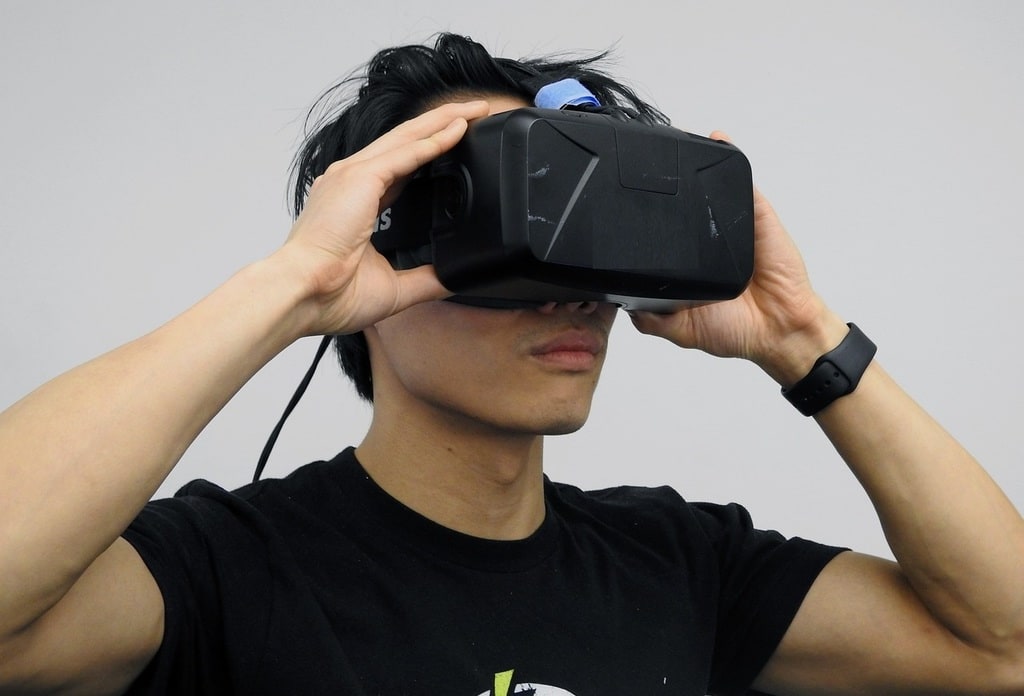Advancements in technology have been driving progress and innovation across various industries, transforming the way we live, work, and interact with the world. The latest technological breakthroughs promise to continue this trend, offering exciting possibilities and improving the quality of life. This article delves into some of the most notable advancements in recent years, exploring their impact and potential.
Recent Breakthroughs in Technology
The pace of technological innovation has accelerated, leading to significant advancements in several key areas. These developments are shaping the future, offering new opportunities and addressing some of the world’s most pressing challenges. From artificial intelligence to renewable energy, technology is at the forefront of change.
One of the most transformative technologies is artificial intelligence (AI). AI has progressed from a futuristic concept to a present-day reality, deeply integrated into various applications. Machine learning algorithms are now capable of performing complex tasks, such as natural language processing, image recognition, and autonomous driving. These advancements are enhancing productivity and creating new possibilities in fields like healthcare, finance, and transportation.
Artificial Intelligence and Machine Learning
AI and machine learning are revolutionizing industries by enabling machines to learn from data and improve over time. This ability to adapt and evolve is opening new frontiers in automation and decision-making. In healthcare, AI algorithms are being used to analyze medical images, predict patient outcomes, and personalize treatment plans. The financial sector is also benefiting from AI, with advanced algorithms detecting fraud, optimizing trading strategies, and providing personalized financial advice.
The integration of AI into everyday devices is also becoming more prevalent. Smart assistants, such as Siri and Alexa, utilize natural language processing to understand and respond to user queries. This technology is making homes smarter and more connected, allowing users to control various devices with voice commands.

Advancements in Renewable Energy
The push towards sustainability has led to significant advancements in renewable energy technologies. Solar and wind energy have become more efficient and cost-effective, making them viable alternatives to fossil fuels. Innovations in energy storage, such as advanced battery technologies, are also addressing the intermittency issues associated with renewable energy sources.
One notable development is the advent of perovskite solar cells. These cells offer higher efficiency and lower production costs compared to traditional silicon-based cells. This breakthrough has the potential to accelerate the adoption of solar energy on a global scale. Additionally, improvements in wind turbine design and offshore wind farms are contributing to the increased capacity and reliability of wind energy.
The Rise of Quantum Computing
Quantum computing represents a paradigm shift in computing technology. Unlike classical computers, which use bits to process information, quantum computers use quantum bits or qubits. This allows them to perform complex calculations at unprecedented speeds. While still in the early stages of development, quantum computing holds promise for solving problems that are currently intractable for classical computers.
Researchers are exploring applications of quantum computing in various fields, including cryptography, materials science, and drug discovery. For instance, quantum computers could potentially break current encryption methods, prompting the development of quantum-resistant cryptographic techniques. In materials science, quantum simulations could lead to the discovery of new materials with unique properties, revolutionizing industries such as electronics and manufacturing.
5G and the Internet of Things (IoT)
The rollout of 5G networks is set to transform connectivity, offering faster speeds and lower latency compared to previous generations of wireless technology. This advancement is crucial for the expansion of the Internet of Things (IoT), where interconnected devices communicate and share data seamlessly. From smart cities to autonomous vehicles, 5G is enabling a new era of connectivity.
IoT devices are becoming increasingly prevalent in various sectors. In agriculture, smart sensors monitor soil conditions and optimize irrigation, enhancing crop yields and reducing resource usage. In healthcare, wearable devices track vital signs and provide real-time health monitoring, improving patient outcomes and enabling remote care.
Here is a summary of some key advancements discussed:
– Artificial Intelligence and Machine Learning
– Enhanced healthcare diagnostics
– Financial sector optimizations
– Smart home integration
– Renewable Energy Innovations
– Perovskite solar cells
– Advanced battery technologies
– Offshore wind farms
– Quantum Computing
– Breakthroughs in cryptography
– Advanced material discovery
– Accelerated drug discovery
– 5G and IoT Expansion
– Smart agriculture
– Real-time health monitoring
– Autonomous vehicles
Technological Impact on Society
The advancements in technology are reshaping various aspects of society, driving economic growth, and improving the quality of life. However, they also bring challenges that need to be addressed. Ethical considerations, data privacy, and the potential for job displacement are critical issues that require thoughtful solutions.
One significant impact is the transformation of the workforce. Automation and AI are changing the nature of jobs, with some roles becoming obsolete while new ones are created. This shift necessitates a focus on reskilling and upskilling the workforce to adapt to new technological demands. Additionally, ensuring equitable access to technology is vital to prevent widening socioeconomic disparities.
In conclusion, the latest advancements in technology are paving the way for a future filled with possibilities. From AI and renewable energy to quantum computing and 5G, these innovations are transforming industries and enhancing our daily lives. Embracing these technologies while addressing their associated challenges will be key to building a sustainable and prosperous future.

